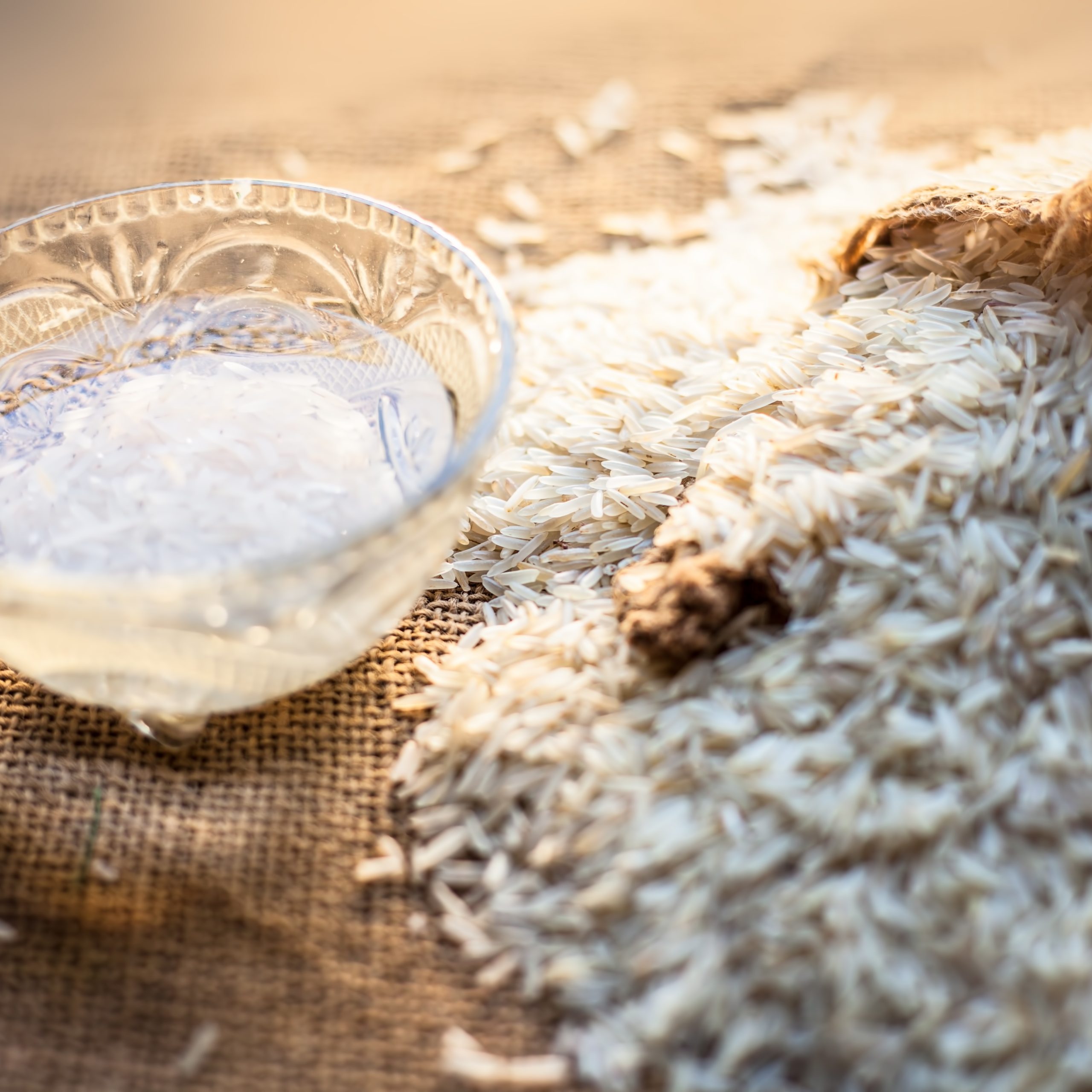Innovative farming techniques reduce methane emissions in Vietnam

In the verdant expanse of Long An province within the Mekong Delta, 60-year-old farmer Vo Van Van is pioneering a sustainable approach to rice cultivation that is setting his fields apart. Unlike the traditional flooded paddies, Van’s fields are not entirely submerged, marking a significant shift in practice aimed at reducing methane emissions, a potent greenhouse gas.
Van, collaborating with Vietnam’s largest rice exporter, Loc Troi Group, has adopted a method known as alternate wetting and drying (AWD). This technique uses less water than conventional rice farming, which traditionally keeps fields continuously flooded. The reduction in water usage not only conserves this vital resource but also curtails the methane emissions produced by anaerobic conditions in waterlogged soils.
Highlighting the technological advancements in agriculture, Van’s farm now also benefits from drone technology, which disperses organic fertilizer over the crops. This method not only cuts down labor costs but ensures precision in fertilizer application, preventing excess nitrogen gases that contribute to global warming.
Further enhancing environmental sustainability, Van has ceased the practice of burning rice stubble post-harvest, which is a common source of air pollution in the region. Instead, the stubble is collected and repurposed as livestock feed or used in the cultivation of straw mushrooms, adding value while reducing waste.
These innovations are part of a broader movement in Vietnam, supported by both the Loc Troi Group and international entities like the World Bank. Nguyen Duy Thuan, CEO of Loc Troi, stated that these methods have already shown promise, enabling farmers to use 40% less rice seed and 30% less water. This is not only cost-effective but aligns with Vietnam’s commitment to growing “high quality, low emission rice” on an ambitious scale by 2030.
Vietnam’s efforts reflect a proactive approach to reconfiguring its rice sector to be more climate-resilient. As the world’s third-largest rice exporter, the changes implemented here could set a precedent for global agricultural practices in flood-prone and methane-sensitive areas, providing a replicable model for other nations battling similar environmental challenges.



